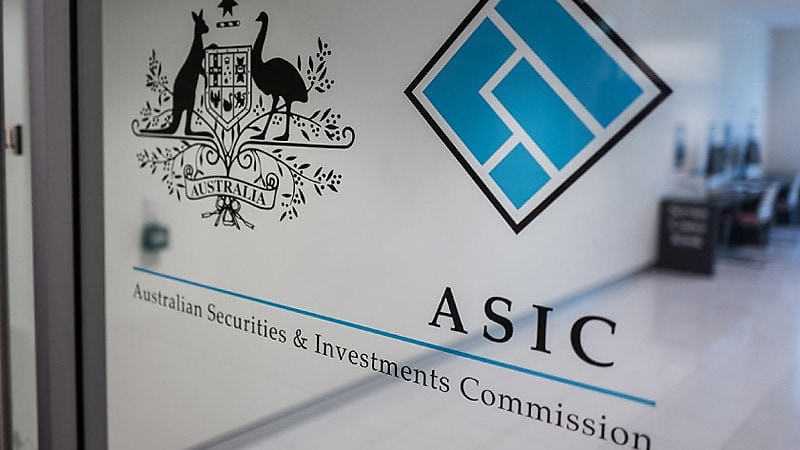SMSF auditor numbers continue to dwindle
A further 160 auditors have exited the SMSF audit profession in the past six months.
Based on data extracted from ASIC’s SMSF Auditor Register on 5 January 2023, SMSF auditor numbers have dropped from 5,172 as at 30 June last year down to 5012.
This latest decline in auditor numbers during the first half of 2022-23 follows the exodus of over 300 auditors in the previous 2021–22 financial year.
Since 2012–23 there has been a downward trend in the number of registered SMSF auditors, with the number of auditors falling 28.7 per cent over that time.
SMSF auditors have been under increased scrutiny from the regulators in recent years, with ASIC acting against 47 SMSF auditors in just the previous 2021–22 financial year.
ASIC announced in March last year it had accepted voluntary cancellations or imposed conditions on the registration of 18 SMSF auditors due to their involvement with reciprocal audit arrangements.
The corporate regulator also acted against a further 19 auditors due to breaches of obligations including auditing and assurance standards, independence requirements, and registration conditions or because ASIC was satisfied the individual was not a fit and proper person to remain registered.
ASIC deregistered 12 of these SMSF auditors and imposed additional conditions on the registration of seven others.
ASIC also cancelled the registration of 10 SMSF auditors in the 2021–22 year who failed to lodge their annual statements.
Based on ASIC’s annual licensing report (REP 738), there were only 40 new SMSF auditor registrations approved during the 2021–22 year.
More recently in the September quarter ASIC disqualified three SMSF auditors from being registered, imposed additional conditions on the registration of one SMSF auditor, and cancelled the registration of two other SMSF auditors.
Speaking at a CA ANZ conference in October, ATO assistant, SMSF risk and strategy Justin Micale warned that the ATO is currently working with ASIC to reshape the approach of its compliance program for SMSF auditors to be become “more real-time and differentiated”.
“We are looking to increase our coverage and introduce a broader range of treatments to address risks within the industry,” said Mr Micale.
“This program of work is expected to deliver a higher rate of referral to ASIC in the coming financial year and, as a result, increased visibility on how both agencies are working effectively as co-regulators to address inappropriate auditor behaviours.”
The auditor independence requirements that have been enforced since July 2021 have also created challenges for some parts of the SMSF audit industry in the past couple of years.
In an article last year, actuarial firm Accurium stated that the independence requirements may have partly contributed to the declining auditor numbers.
“Many firms have had to put in place new external SMSF audit arrangements where they previously had an internal SMSF audit service and relied on the separation of duties model to comply with the independence requirement,” Accurium explained.
“Similar to the introduction of the goods and services tax (GST) system way back on 1 July 2000, which saw many tax agents and practitioners decide to exit the industry, it appears that the new audit independence requirements are having a similar effect on the number of registered SMSF auditors.”
ASF Audits head of education Shelley Banton previously stated that she expects SMSF auditor numbers will continue to fall over the next year.
“[The reduction in auditor numbers] isn’t necessarily surprising when you consider the number of auditors who are still doing 50 audits or less,” said Ms Banton at the Heffron Super Intensive Day.
When you break that down even further into the 20 audits or less bucket, I imagine it would be difficult to undertake an efficient, professionally qualified audit for 20 or less funds given the amount of legislative and technical knowledge required.”

Miranda Brownlee
Miranda Brownlee is the deputy editor of SMSF Adviser, which is the leading source of news, strategy and educational content for professionals working in the SMSF sector.
Since joining the team in 2014, Miranda has been responsible for breaking some of the biggest superannuation stories in Australia, and has reported extensively on technical strategy and legislative updates.
Miranda also has broad business and financial services reporting experience, having written for titles including Investor Daily, ifa and Accountants Daily.








